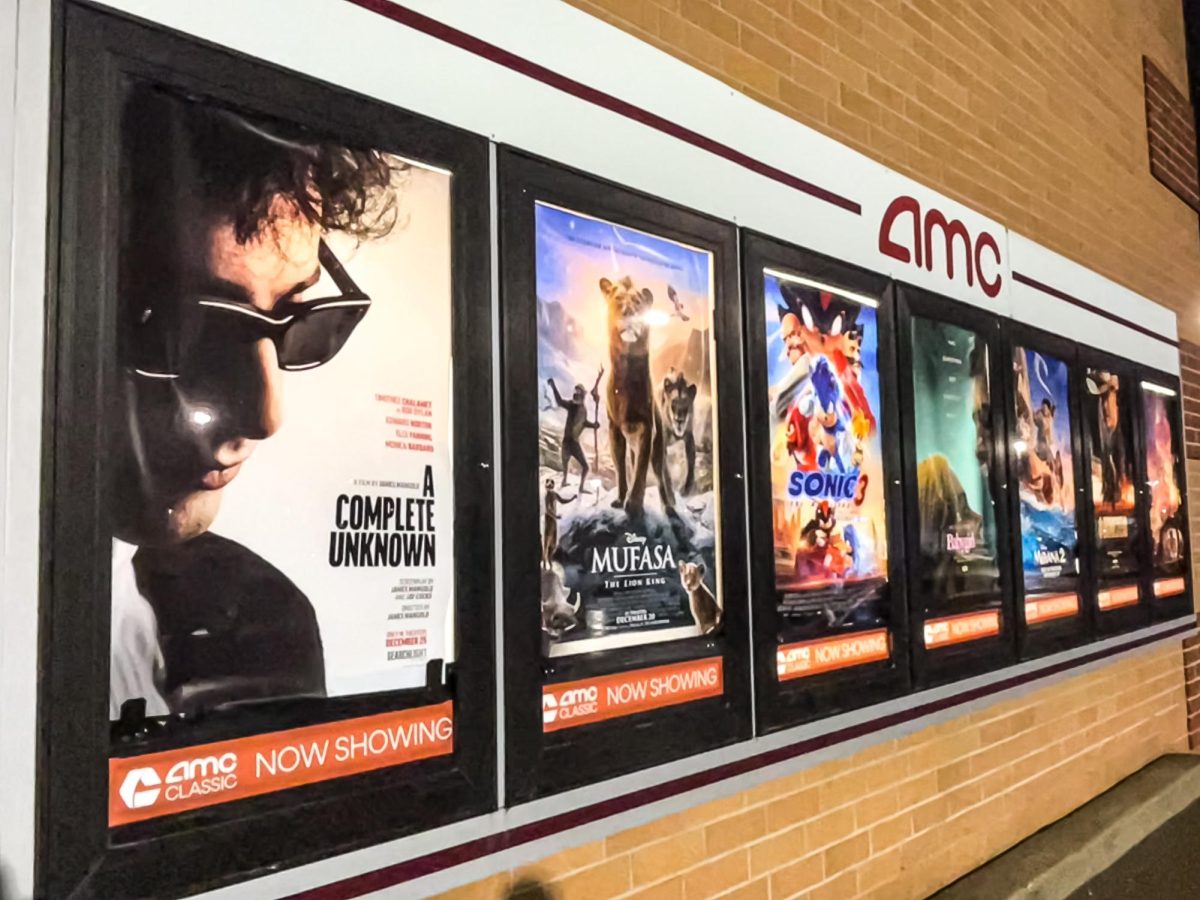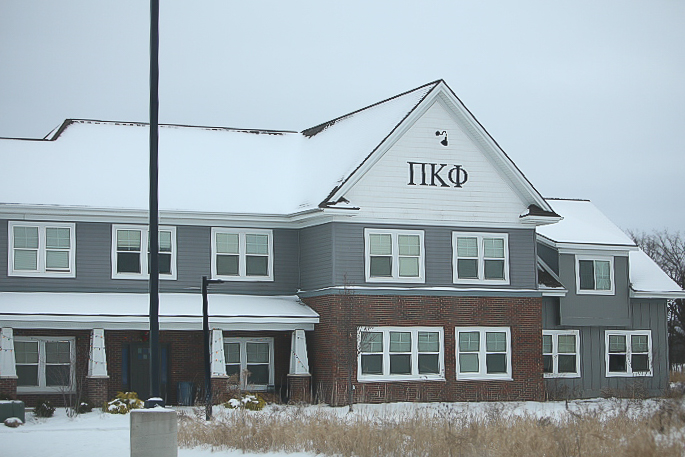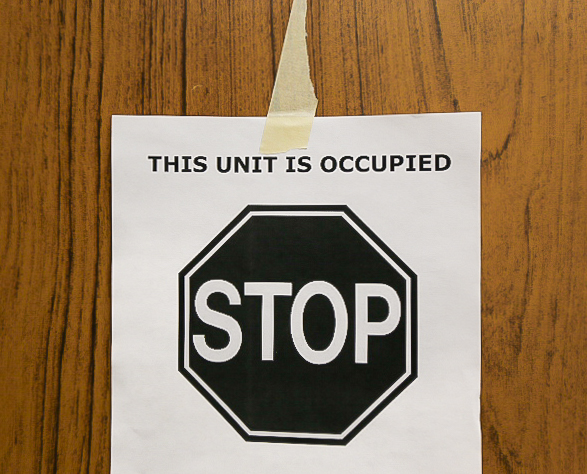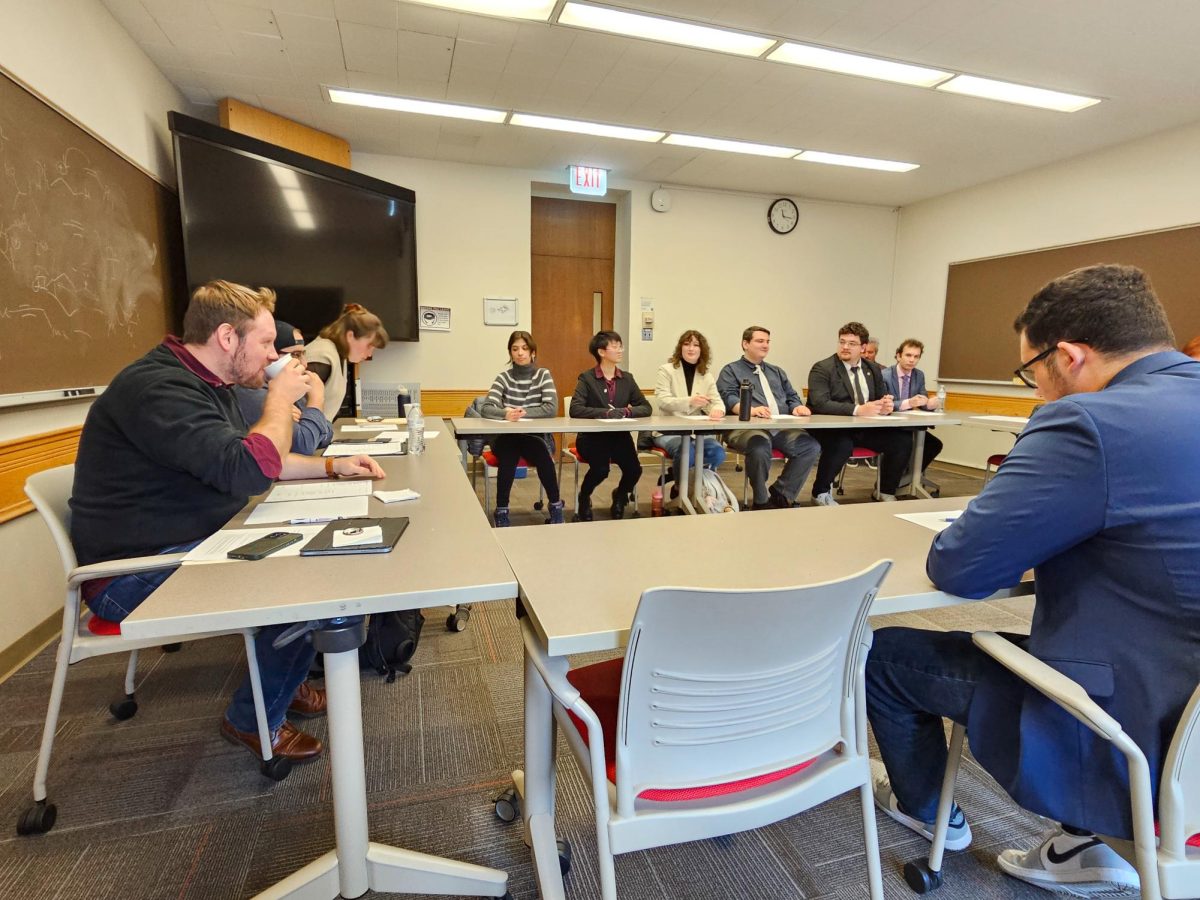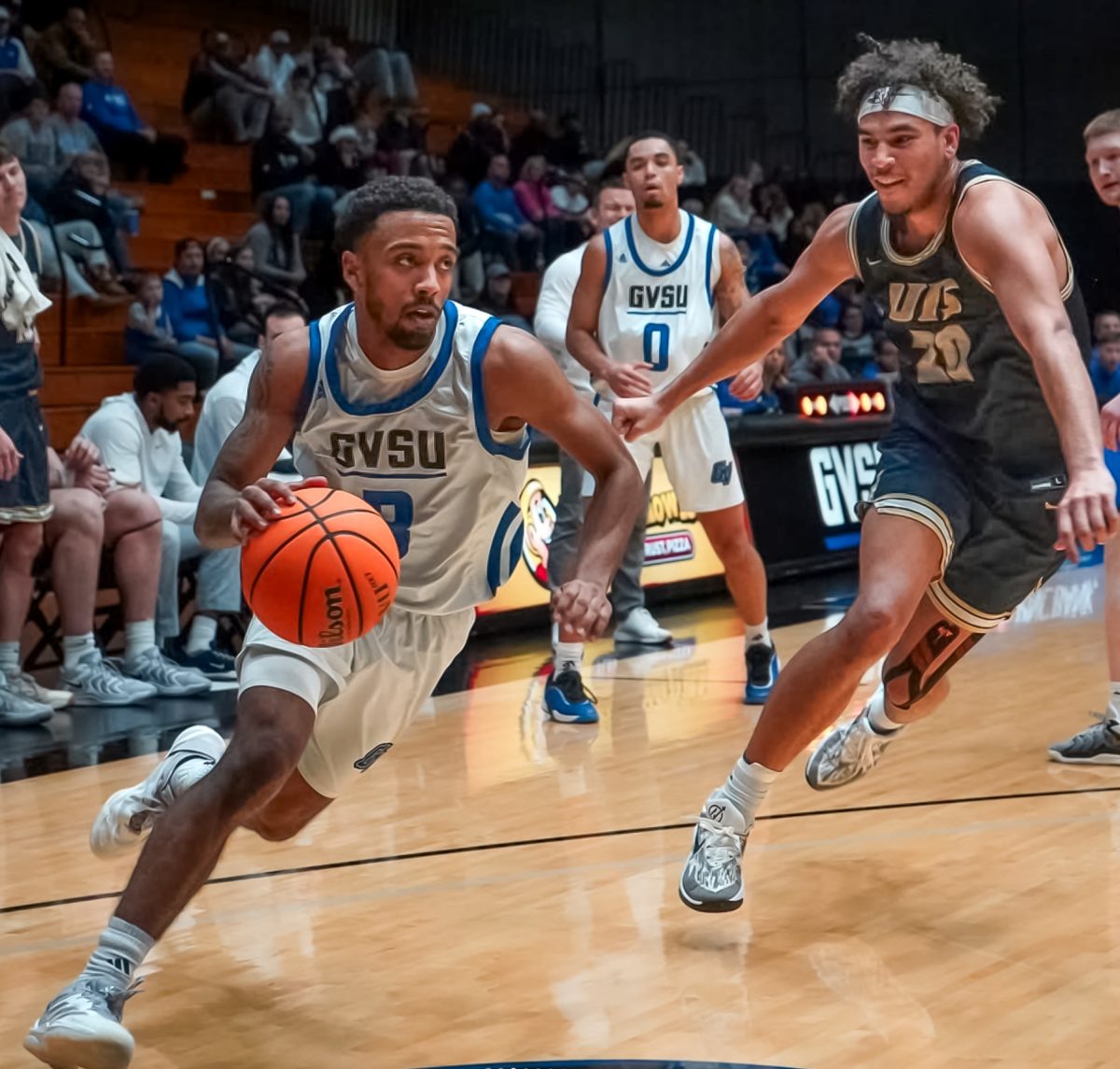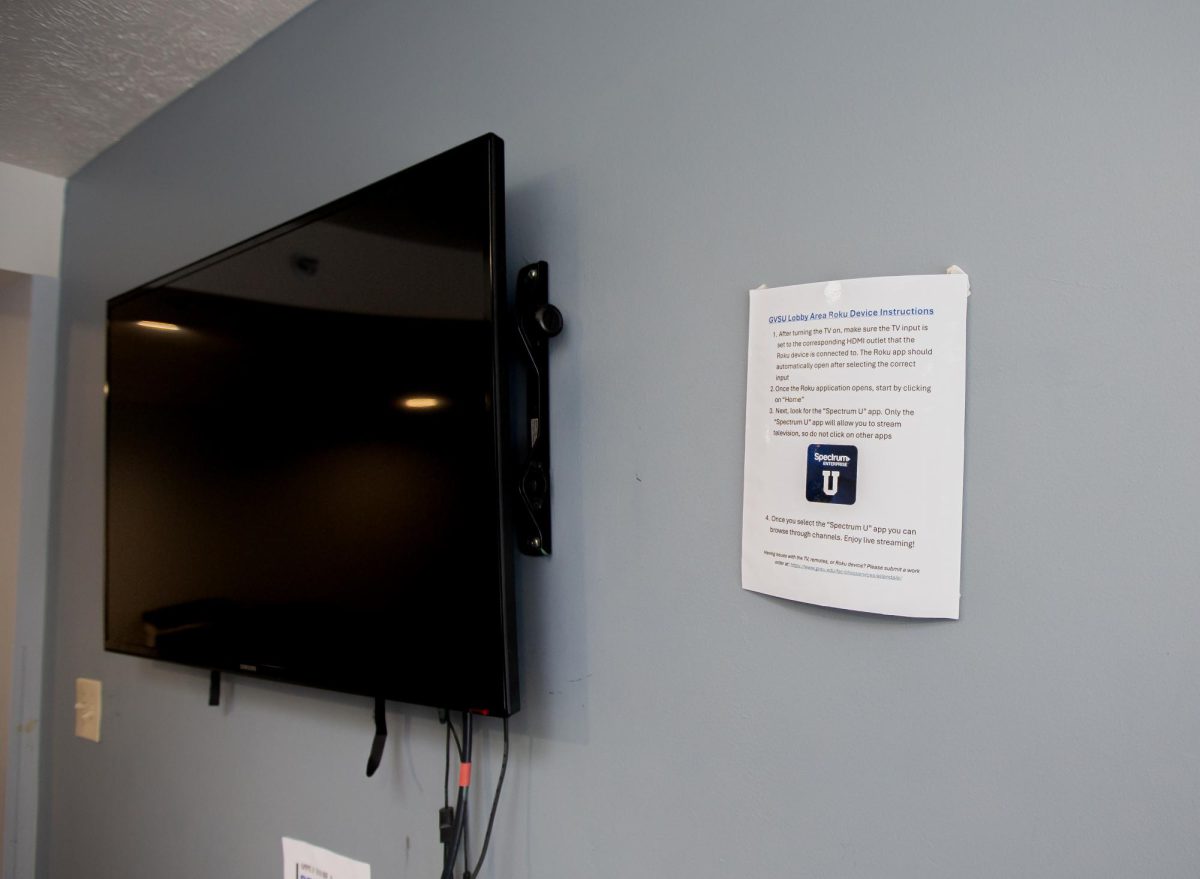Column: Two NFL teams in Los Angeles is bad for everyone
Jan 16, 2017
When the news broke on Thursday, Jan. 12 that the San Diego Chargers were planning to file for relocation to move upstate into Los Angeles, I felt a flurry of different emotions.
For starters, I actually felt a sense of excitement. I have always been someone who likes change in life and enjoys seeing different things happen in different places. Hell, every single year I relocate my team in Madden to a different spot.
However, the key word here is different. It was only a year ago when the St. Louis Rams announced that they were ditching Missouri to find a new home in the City of Angels.
The first order of business for the Chargers was updating their logo in a re-branding attempt, and the internet had a field day with it. It does, in fact, look like the love child between the Los Angeles Dodgers logo and the Tampa Bay Lightning logo, after all.
But don’t worry—the Chargers have since said that the blatant rip-off is not their “official” logo, whatever that means.
The newest SoCal sports team is soon expected to announce their interim home field, and thankfully for everybody involved, it will not be at the LA Coliseum, which is already being used by the University of Southern California Trojans and the Los Angeles Rams.
No, the Chargers are opting to settle into what will be the smallest NFL stadium by a mile – the StubHub Center in Carson, CA – about 20 miles down the road from the Coliseum.
The StubHub Center is currently home to the Major League Soccer team the Los Angeles Galaxy and has an occupancy of – wait for it – 30,000. Compare that to Qualcomm Stadium, which is the Chargers’ now former home, which held 71,500, and that home field advantage is about to sound like nothing more than a few whispers in the ears of opposing offenses. What NFL player wants to play in front of a crowd that is smaller than most of the crowds they saw in college? You have to feel for their young stars like Joey Bosa and Melvin Gordon as well as veterans who deserve better like Philip Rivers and Antonio Gates.
Of course, the Chargers do plan on moving into the new mega-stadium being built in Inglewood that was originally for the Rams, so they have that to look forward to, but that will not be finished until 2019, giving them two seasons in the MLS stadium.
The move is awful for the fantastic city of San Diego, which the Chargers played in since 1961. I visited there in spring 2014 and fell in love with the area. A beautiful, serene city filled with walkable streets and relaxing sites will survive without its middling-at-best pro football team, but the revenue and tourism generated by the Chargers was nothing to scoff at for the city. The move leaves them with only the San Diego Padres of the MLB, as far as professional sports teams. In most years, the city will see no major athletic activities taking place from the months of October all the way up to April.
The move is bad for St. Louis. There was hope in the area that they would perhaps get an NFL team back within the city very shortly and the Chargers were one of those possible teams, but that obviously cannot happen now, leaving only the Raiders left, and they seem all but destined for Las Vegas.
The move is bad for fans of the NFL. There are now two teams in Los Angeles when just a few short years ago there were zero. Teams were spread more evenly across the country, but now there are two clear epicenters in LA and New York. Fans want to see different things happening, and that cannot truly happen if all the teams want to live together.
The move is bad for Los Angeles. Wait, what? How can the same thing be bad for the city receiving the team and the city losing it? It is actually pretty simple: LA is built off its stargazing and fabulous image. If the inhabitants and tourists are too busy taking in a product that is different from that, their epicenter may begin to shift and even collapse. Besides, the city already has the Dodgers, Lakers, Clippers, Angels and Ducks (somewhat), Rams, Galaxy, and Kings. Did they really need to add another franchise to the fold?
Above all, if the Chargers keep the powder blue uniforms, put a good product on the field and generate revenue for the league, the relocation really cannot be that bad of a thing, but if the myriad of activities in Hollywood and the surrounding areas infringe on the franchises ability to shine in the spotlight city, trouble will arise quickly.
Do not be surprised if by 2030, the Chargers are jettisoned from Los Angeles and are left with only a new Red Hot Chili Peppers song to remember them by.





